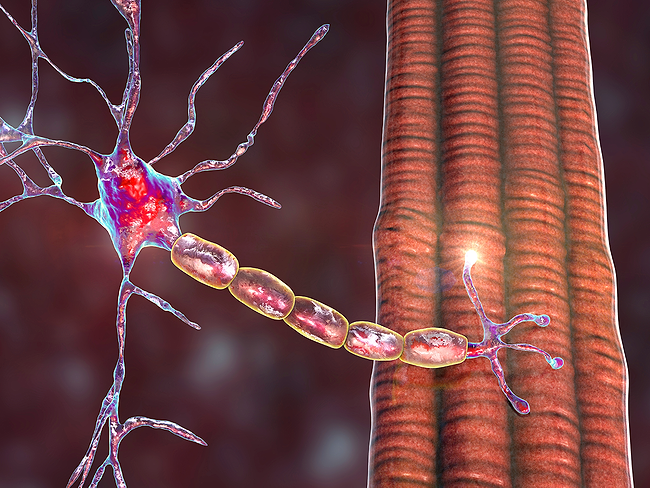
Neurology/psychiatric
Neurology/psychiatric
Mdx/utrn-/- mice mimic respiratory dysfunction in Duchenne muscular dystrophy
Read MoreNeurology/psychiatric
Preclinical data support Hc Bioscience’s Duchenne muscular dystrophy program
Read MoreNeurology/psychiatric





